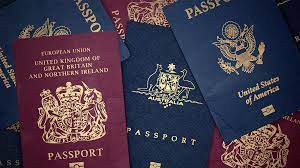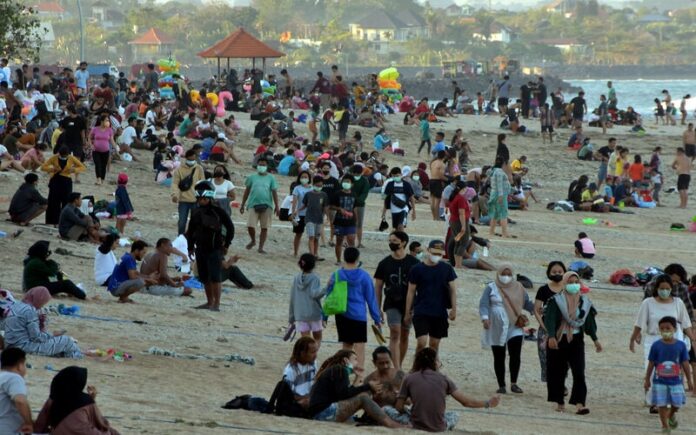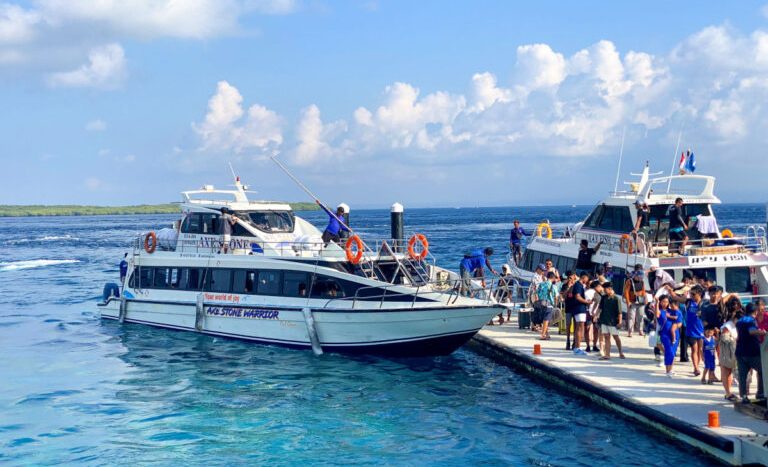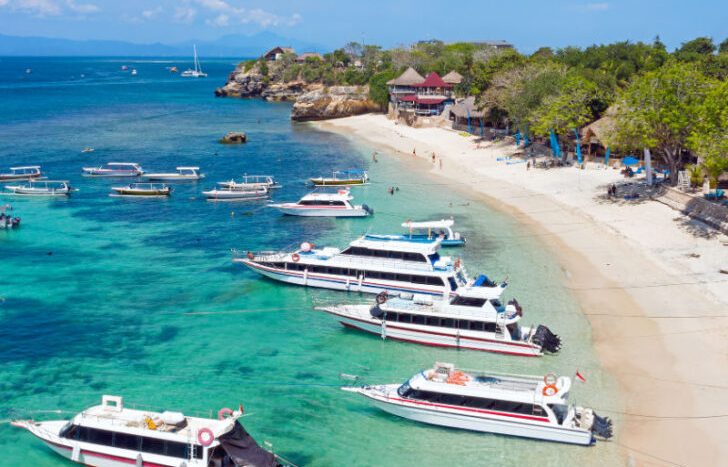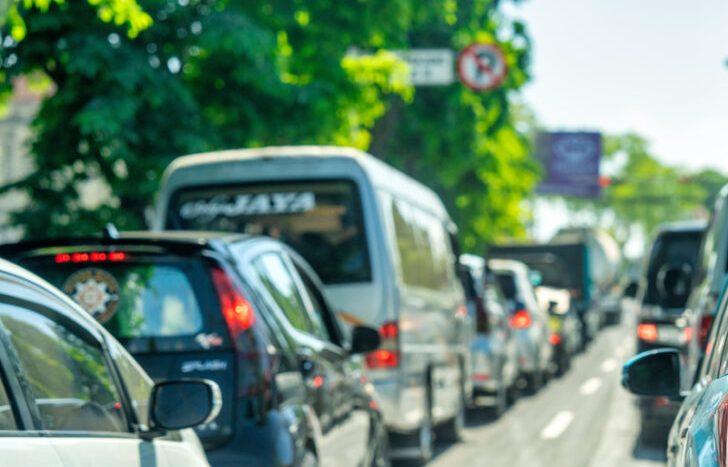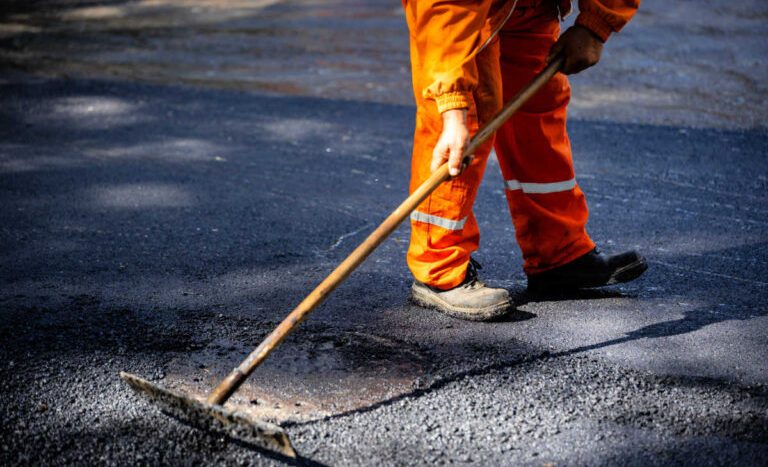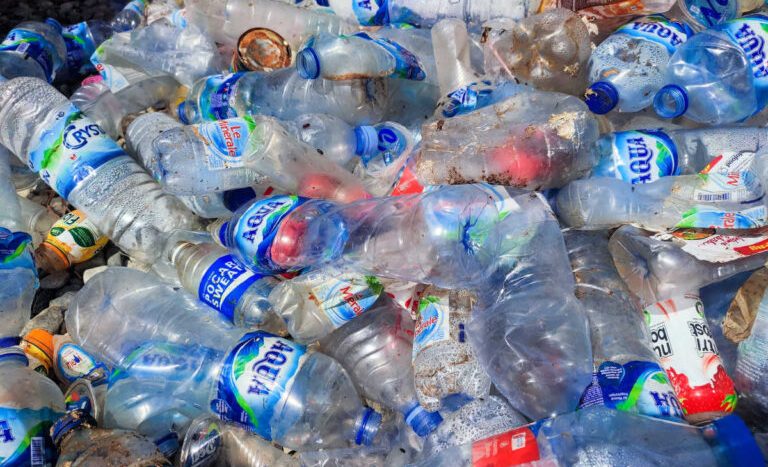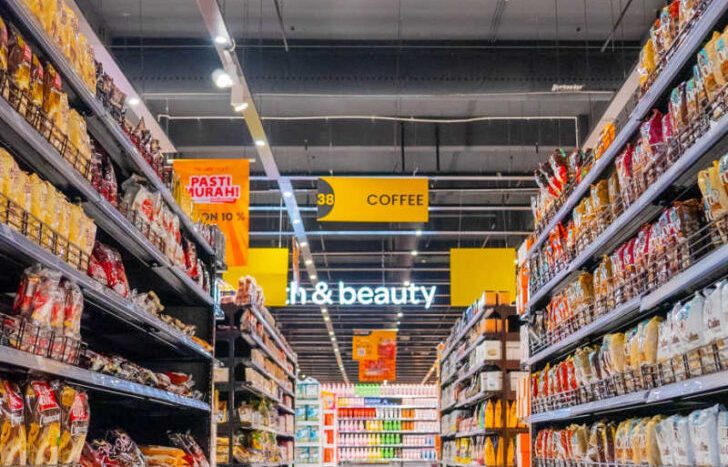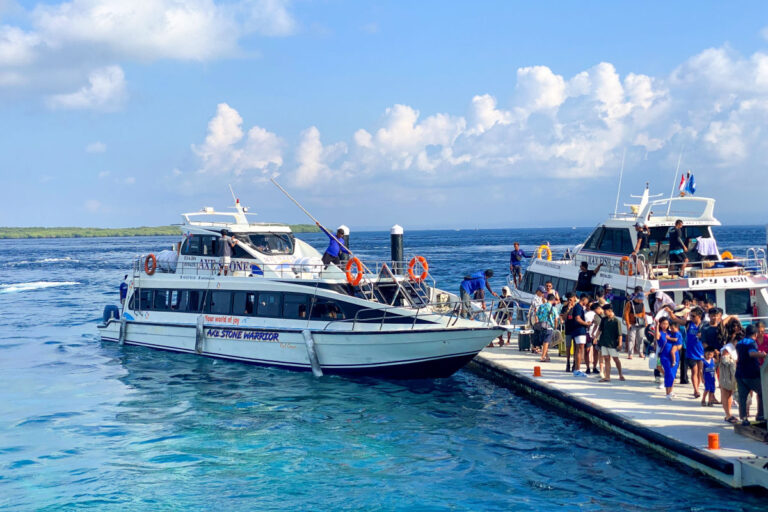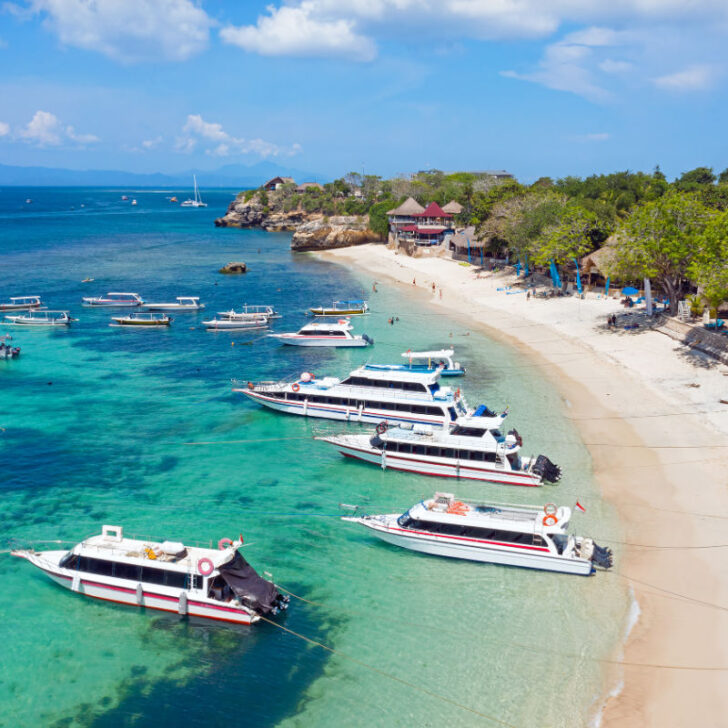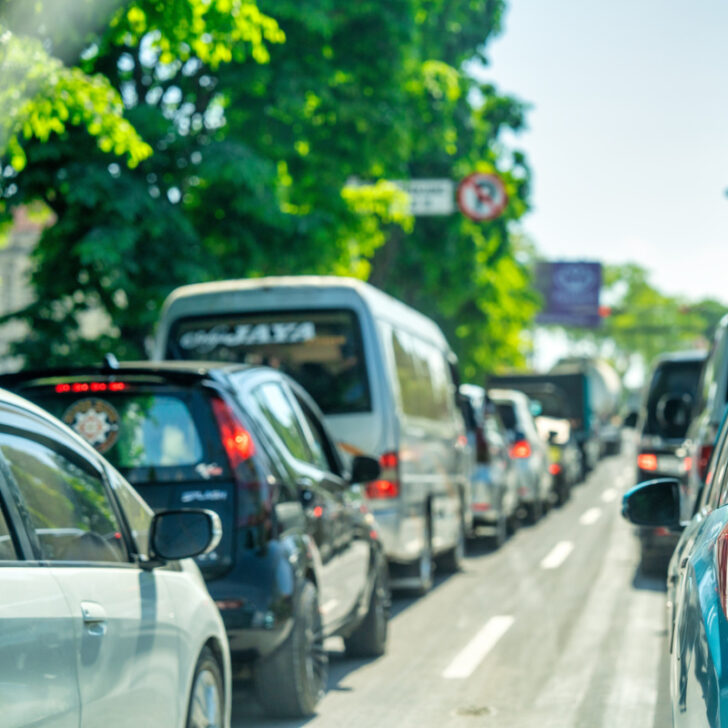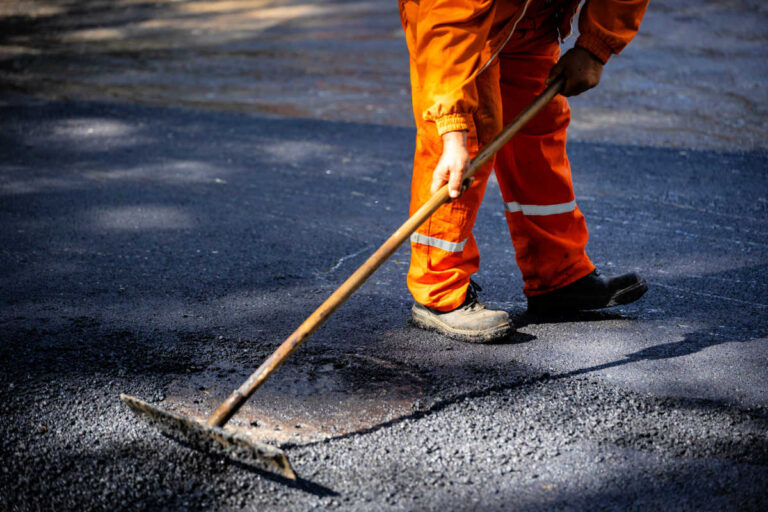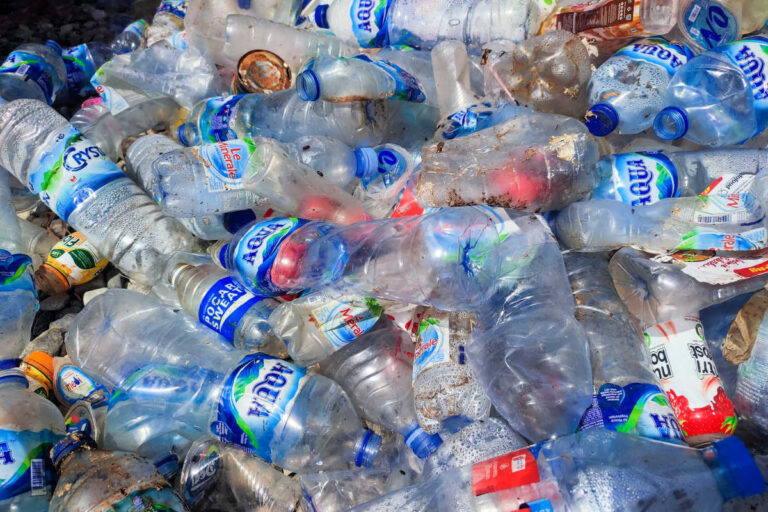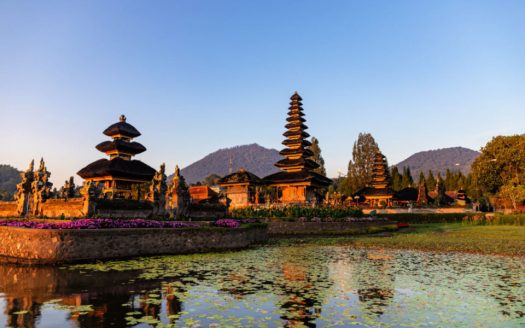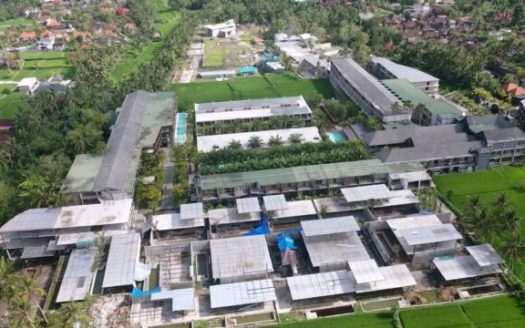Bali Special Task Force
Bali Deploys Specialist Task Force To Crack Down On Foreign-Owned Illegal Businesses
Bali’s Governor Wayan Koster has announced the formation and immediate deployment of a specialist team to crack down on foreigners operating illegal businesses on the island.
There are concerns in Bali that an increasing number of foreign nationals are not only breaking the conditions of their visas but also illegally operating full-scale businesses in the province.
According to Governor Koster, there are at least 400 foreign-owned businesses operating illegally in Badung Regency alone. Badung Regency is the most developed region of Bali in terms of tourism and is home to resorts like Canggu, Uluwatu, Seminyak, Legian, Kuta, and Jimbaran.
On Saturday 31st May 2025 Governor Koster called an emergency meeting at the governor’s Office in Denpsar to enact immediate solutions to what many feel is a crisis of illegal operating businesses in the province.
Governor Koster explained “In Badung alone there are around 400 car rental businesses and travel agencies confirmed by foreigners. Many [businesses] do not have an office, and do not live in Bali but can still operate. This is clearly outrageous.”
The Governor conceded that Bali is struggling to resolve a range of issues, including traffic congestion, waste management, illegally operating tourism villas, illegal taxi drivers, and poorly behaved tourists.
He was clear that from this moment forward ‘everything must be arranged’ starting from the top, in terms of regulation and licensing.
He added “Our tourism is not going well. Traffic jams, garbage, illegal villas, illegal drivers, naughty tourists, we have to arrange all of these. But the arrangement must start from the upstream of regulation and licensing.”
Governor Koster has confirmed that he has created the new task force and that a formal Circular Letter outlining new policies and legal changes will be issued in the coming days to enable the Task Force to carry out its work best.
The policies will be updated in a ‘Circular Letter on Business Regulation and Tourist Transportation,’ and this legislation will form the basis for joint operations carried out by Satpol PP, the civil police in Indonesia, and Polda Bali, the criminal police units.
Governor Koster added, “This island is small, but its contribution is great for Indonesia. We are not competing with other regions but with countries like Thailand and Malaysia. If we are not orderly, our own market will crush us.”
The new policies and legislative changes will be revealed in full detail in the circular letter, though Governor Koster has given some insight as to the changes that will be included in the document. One policy update is that all travel agencies and travel companies registered in Bali Province must also register with local associations.
He confirmed that factual verification will also be carried out to ensure that there are no more “ghost” companies that are only listed in the Online Single Submission system, which is managed by the central government, but are serving as shelf companies for foreigners operating illegal businesses on the ground.
Governor Koster added “If left alone, Bali will only become a stage for foreign business. Its people will only be spectators in their own home.”
Following his announcement at the weekend, the response from the business sector in Bali has been mostly positive. Bali-based business leaders have shared their support for the strengthening of business policies in the province.
Over the last three years, there has been an intensive effort in Bali to identify and deport foreigners who have been found to be breaking the conditions of their visas.
Main Article: Bali Plastic Task Force
Immigration teams have been working on Operation Bali Becik and have deported dozens of individuals found to be missing tourism, pre-investment, and investment visas to operate businesses, self-employment work, and even illegal employment in the province.
Now Governor Koster’s new policies aim to crack down on foreigners breaking the law by identifying lawbreakers not only by tracking down individuals via immigration but also by identifying the businesses that are operating illegally too.
Main Article: Bali Special Task Force
New Boat Terminal for Bali’s Canggu area
New Boat Terminal To Be Built In Bali’s Canggu Connecting Tourists Directly To Airport
A new boat terminal that will offer fast boat connections between Bali’s I Gusti Ngurah Rai International Airport and Canggu will be in operation as early as 2026.
The Badung Regency Government has confirmed that the new port will be located between Canggu and Cemagi and will allow tourists to travel congestion-free between the airport and the island’s busiest tourism hotspot.
Main Article: Bali Plastic Task Force
The Badung Regional Secretary, Ida Bagus Surya Suamba, told reporters on Monday, 2nd June 2025, that the development of a new boat terminal in the Canggu-Cemagi area has been included in plans to level up the coastline between Kuta and Cemagi.
He explain,d “The construction of this port is part of the arrangement of the Kuta to Cemagi coastal area. It has been included in our medium-term planning.”
The stretch of coastline that runs from Kuta through to Cemagi includes most of Bali’s most popular tourism resorts, including Legian, Seminyak, Canggu and Seseh.
Since the end of the pandemic it has become increasingly evident that infrastructure such as roads, public transport and utility services in this area urgently needs to be levelled up in order to meet the increasing demands of the tourism sector and to best serve local communities.
Suamba told reporters that construction of the new Canggu-Cemagi Boat Terminal will start in the 2026 budget year.
He confirmed that the Badung Public Works and Spatial Planning Agency (PUPR) is currently completing a feasibility study (FS) in the area and an Environmental Impact Assessment known as an AMDAL. Suamba added, “According to the direction of the Regent, the realisation will start in 2026, and the FS and the AMDAL are still being processed at PUPR.”
Speaking separately, the Chairman of the Badung DPRD, I Gusti Anom Gumati, shared his support of the initiative and cited the development of the Canggu-Cemagi Boat Terminal as an important strategic step in overcoming the region’s traffic congestion issues and supporting the development of tourism in a more positive way.
Gumati told reporters that building a small port to transport tourists over the sea is a positive move that will also protect the land.
He confirmed that the development of the Canggu-Cemagi Boat Terminal aligns with the Badung Regency Government’s three key aims: securing clean water, managing waste, and reducing traffic congestion.
Gumati added “We in the council fully support it, even if necessary through a regional loan scheme. What is important is that this benefits the community and the future of Badung tourism.”
Nyoman Giri Prasta, now the Deputy Governor of Bali, proposed the initial idea for the Canggu-Cemagi Boat Terminal during his time as Regent of Badung.
When he first proposed the idea, late in his term as Badung Regent, Prasta told reporters “Sea transportation allows tourists to go directly to their accommodation, simply by a small boat from the port to the hotel pier. This is much more effective than burdening the increasingly narrow land routes.”
Main Article: Bali Plastic Task Force
As it stands only a few details have been revealed regarding the logistical arrangements of the Canggu-Cemagi Boat Terminal and its supporting sea taxi routes.
What is known is that a direct sea tax service will be operated from I Gusti Ngurah Rai International Airport to tourist resorts like Kuta, Seminyak, Canggu, and Cemagi.
The sea taxi terminal at Bali Airport, which is also in development, is also set to offer fast boat services connecting tourists directly with Nusa Penida and potentially directly to Nusa Ceningan and Nusa Lembongan.
At present those tourists landing at Bali Airport and heading to the Nusa Islands must leave the airport terminal and travel to Sanur Harbour, Serangan Harbour, or even further to Padangbai Harbour in order to connect to a fast boat or ferry service to the outlying islands.
Bali New Underpass Road
A New Underpass Road To Be Built In Top Bali Tourism Resort
In early 2025, it was revealed that Bali will be constructing a new stretch of highway that will help alleviate much of the traffic congestion around the busy tourism resort of Canggu.
It has now been confirmed that a 375m stretch of the new West Gatsu Street will be built as an underpass.
Bali’s Regent of Badung, Wayan Adi Arnawa, has issued updates regarding the new West Gatsu Street, which is set to change traffic flow in the resort of Canggu completely.
While news of a new road is not a big deal for most tourists visiting most tourism resorts around the world, in Bali, this is a game-changing development.
Expats, digital nomads, and regularly returning tourists to Bali know intimately how impactful the island’s traffic congestion issues are on daily life.
Main Article: Bali Plastic Task Force
The development of the new West Gatsu Street is set to help dramatically reduce traffic congestion between central Canggu and Tanah Lot in Tabanan Regency.
In a press conference also attended by the Deputy Regent of Badung Bagus Alit Sucipta and the Regional Secretary of Badung IB Surya Suamba, Regent Arnawa explained “From Jalan Gatot Subroto (Gatsu) heading west again, it will enter under people’s houses. There will likely be a tunnel.”
He retreats that the new 6km road is anticipated to reduce congestion in the Mangupura City area such as Kapal, Abianbase, Lukluk, Sempidi, and Dalung.
This is because the new West Gatsu-Canggu Road section will link directly to the Mengwi Terminal area in Mengwitani Village in Mengwi, which is the root of much of the current traffic bottleneck.
Regent Arnawa told reporters that part of the road section will be built underground to avoid existing villages and infrastructure.
Current plans show that approximately 375 meters of the West Gatsu-Canggu road section will pass through an underground tunnel 15 meters deep from the ground surface. He added “There is already a regulation that if the government builds below 15 meters underground, no compensation is required.”
The latest updates from the Badung Regency Government show that in 2025, the remaining planning and feasibility study stages for the West Gatsu Canggu Road project will be completed. Then, in 2026, the land acquisition process will be carried out.
The West Gatsu Canggu Road is one of the many road infrastructure plans that Regent Arnawa will oversee until 2030.
The West Gatsu Canggu Road is not the only major road development that is set to help resolve Bali’s major traffic congestion issues in top tourism resorts.
In March 2025, the Governor of Bali, Wayan Koster, issued fresh updates regarding the province’s biggest road infrastructure projects that will be completed in this current political term.
He gave the go-ahead for the Ahmad Yani Underpass and the Tohpati Underpass-Akasia Intersection towards Padanggalak Intersection.
The West Ring Road project will also help resolve major traffic congestion issues facing tourists entering the Bukit Peninsula from the Jimbaran resort area.
Speaking to reporters in March 2025, Regent Arnawa explained, “This project has started, and the land acquisition process has also been carried out. I have also coordinated with the technical team from the Badung PUPR Office to prepare a budget to complete this project.”
Adding “We ask all regional agencies, especially technical services, to immediately take concrete steps. Our main focus is to solve the problems of traffic jams, garbage, clean water, and floods so that the community can feel the impact in a real way.”
Main Article: Bali Plastic Task Force
As these new road infrastructure projects get underway in Bali, tourists visiting the island are advised that congestion bottlenecks are an ever-present reality in the island’s busiest tourism hotspots.
Until these new projects are completed, tourists are advised to leave more than enough time to travel between resorts and attractions and to allow for more time than transportation apps and route planning maps suggest.
For example, many travel app suggest leaving 90-minutes to travel between central Canggu and central Uluwatu. However, in reality, it is advisable to allow up to 3-hours to travel between the two destinations, especially if driving at peak travel hours.
Bali’s New Ban On Plastics
Tourists Give Backing To Bali’s New Ban On Plastics As Governor Takes Next Steps
Earlier this year, Bali’s Governor Wayan Koster implemented a controversial new policy banning single-use plastic in the province.
The new legislation strengthened existing legislation that was intended to help clean up the island once and for all.
As Governor Koster moves into the next phase of the operation to ban single-use plastic, tourists and the tourism sector have mixed feelings about the new policies.
Speaking to reporters in Bali’s top tourism resorts, many tourists backed Governor Koster’s policy of banning single-use plastics, especially bottles under one liter and water cups, from the island.
Surfer Diomar Romero, visiting Bali from Miami, told reporters of his support for a ban on plastics, citing his environmental concerns as the reason for his approval.
Romero told reporters, “I think it’s good. As a surfer, the first thing I see is trash in the water. A lot of the trash is small plastic bottles.” Speaking separately, Andrew Otiko, who is visiting Bali on a trip from the UK, shared support for the ban on both environmental and public health grounds. He shared, “Especially for health reasons, yes. Moreover, we know that now microplastics have been found in human blood and brain.”
This week, Governor Koster brought together stakeholders and representatives from the drinks industry to discuss the phasing out of single-use plastic bottles and plastic water cups on the island.
All of Indonesia’s major beverage companies, including Aqua, Cleo, Club, Balis, Yeh Buleleng, Ecoqua, Spring, Sosro, and Coca-Cola, attended the meeting. Representatives from the Indonesian Bottled Drinking Water Companies Association Center for Bali were also present.
Governor Koster told attendees during the meeting on Thursday, May 29th, more about his reasons for implementing the ban and why it was brought into effect so promptly as part of the Circluar Letter (SE) of the Governor of Bali Number 9 of 2025 concerning the Bali Clean Waste Movement.
Governor Koster explained, “This is to reduce the use of single-use plastic waste. I am firm about waste processing and limiting plastic waste, and it has even become a priority for the Ministry of Environment, where resolving the waste problem in Bali is fully supported.”
He confirmed that all remaining single-use water bottle products in circulation must cease distribution by December 2025. Governor Koster continued, “I ask that production be stopped. Only products that have [already been] produced until December 2025 can be used up, all of them, so there should be no more in January.”
Governor Koster shared, “Even the Ministry of Environment plans to move Environment Day to Bali. Bali will become a national model because of the pro-environmental policies that have been implemented here.”
He concluded “Bali is widely eyed by tourists because of its good ecosystem and culture; it this is damaged no one will come and people will not be able to invest.”
Main Article: Bali Plastic Task Force
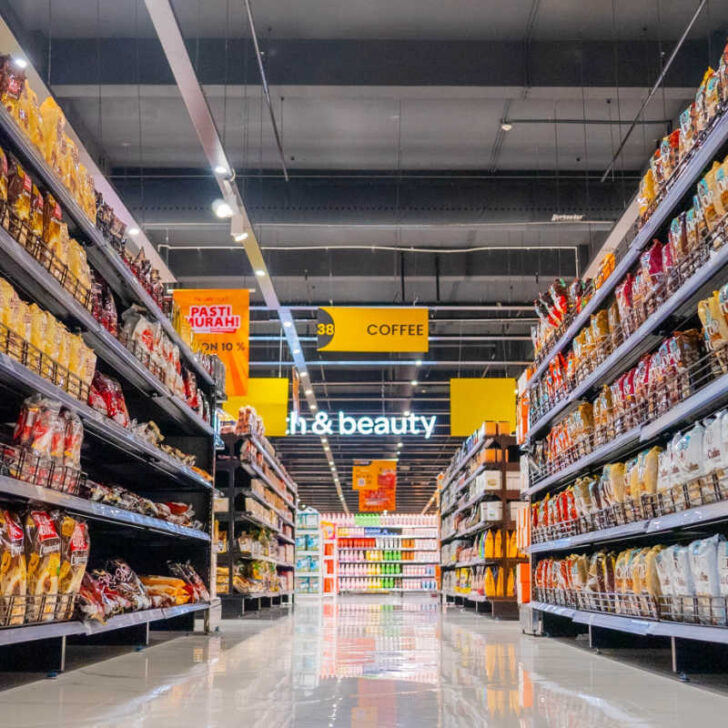
While attendees left Thursday’s meeting with a clearer sense of the plan moving forward, over the last few weeks key leaders in Bali have spoken up urging Governor Koster to reconsider the outright ban on single use plastics under one liter, noting that the implications of the ban impact both local communities and tourists.
In an interview with local reporters Dr. I Nyoman Subanda, an academic and public policy observer from the National Education University, Undiknas in Denpasar explained ” I agree with the Governor’s enthusiasm to reduce plastic waste.”
“However, this kind of policy must go through an in-depth study. It needs to be seen first, is it true that small drinking water packaging is the biggest contributor to waste? Or are there other types of plastic waste that are more dominant such as plastic bags or sachets.”
Adding “Policies should not be made in a hurry. Socialization must first be accompanied by supporting resources and funds. Otherwise, the implementation will be chaotic.”
Main Article: Bali Plastic Task Force
Looking for a beautiful piece of land in North Bali with ocean view?
Please contact us for more information on North Bali Property

